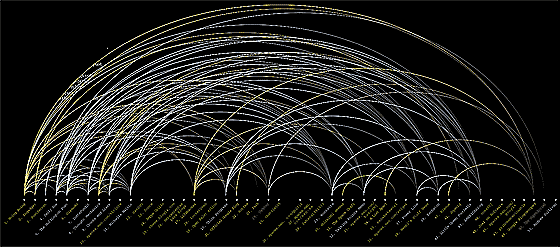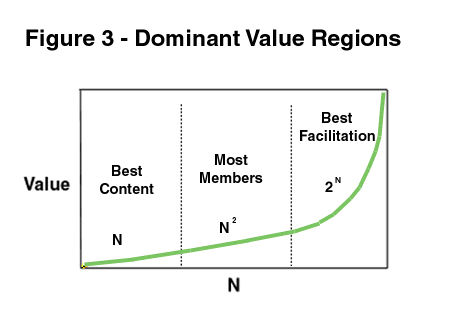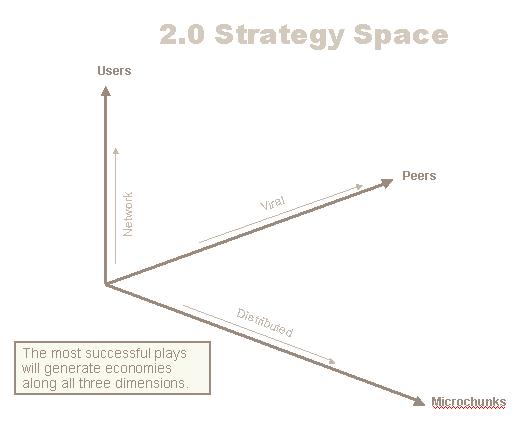Perspective based Value
Linkology is the “50 most linked to blogs relate” according to data derived from Technorati. What makes this interesting, is the implied assumption that these are 50 of the most important blogs.
When looked at from an SEO perspective, then the value is relatively obvious. However when looked at from a PR and/or effective reach perspective then suddenly the value plummets. Part of that is audience fragmentation although that would compare well with relevancy in SEO.
Going down the list, you can almost hear the apologist defences for why some of the sites are on the list. However, at the same time, these are the sites dominating Technorati.
If you are selling advertising for one of these sites, then being able to say you are the # most linked blog certainly is a useful way to raise the percieved value in the mind of a semi niave potential advertiser. Of course if you are able to command a certain price for it, then regardless of how well informed a buyer you have established a true market value.
The takeaway? Sometimes by making people think a resources is valuable, it actually becomes valuable. This is even easier to exploit when you have single source metrics.





